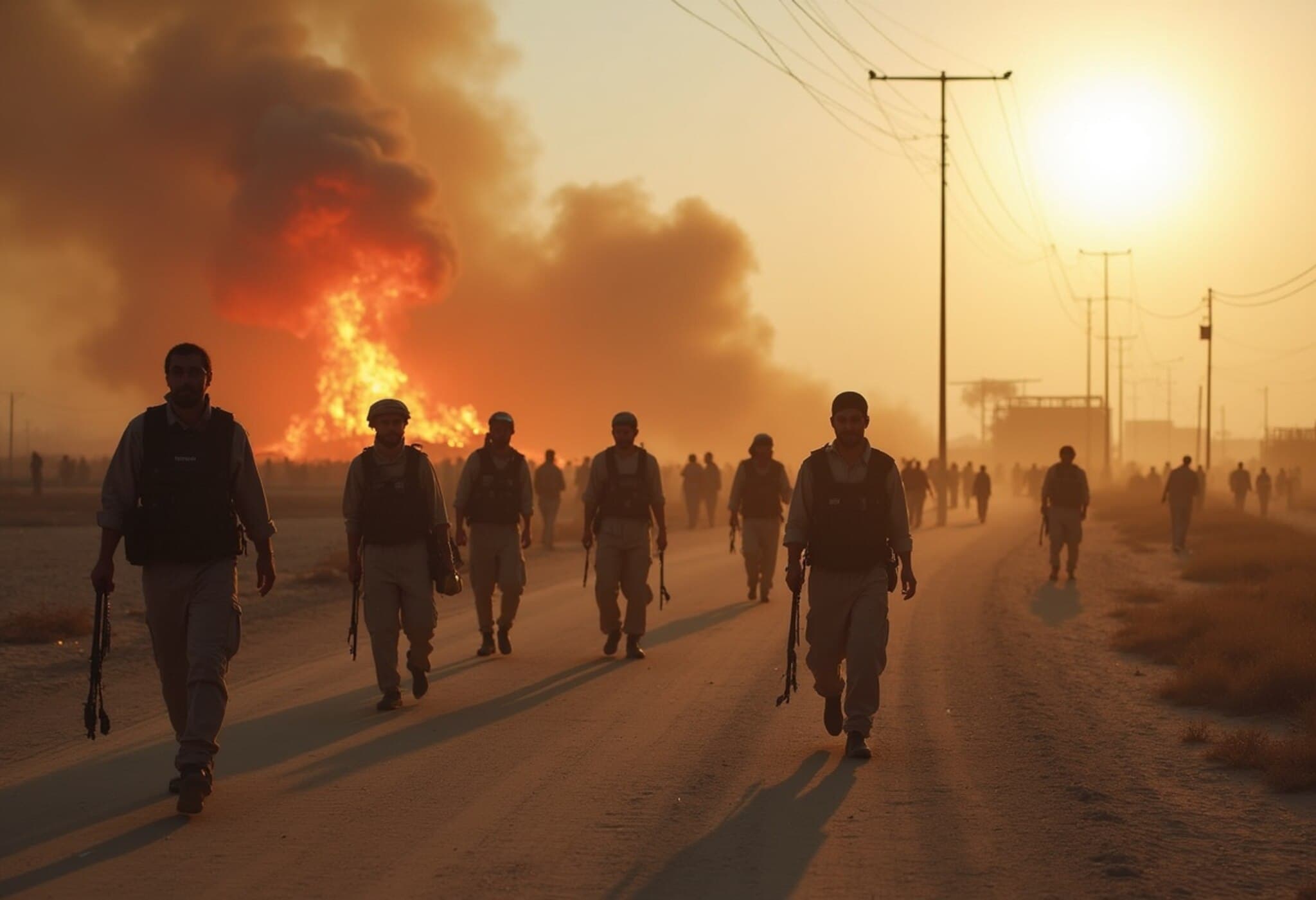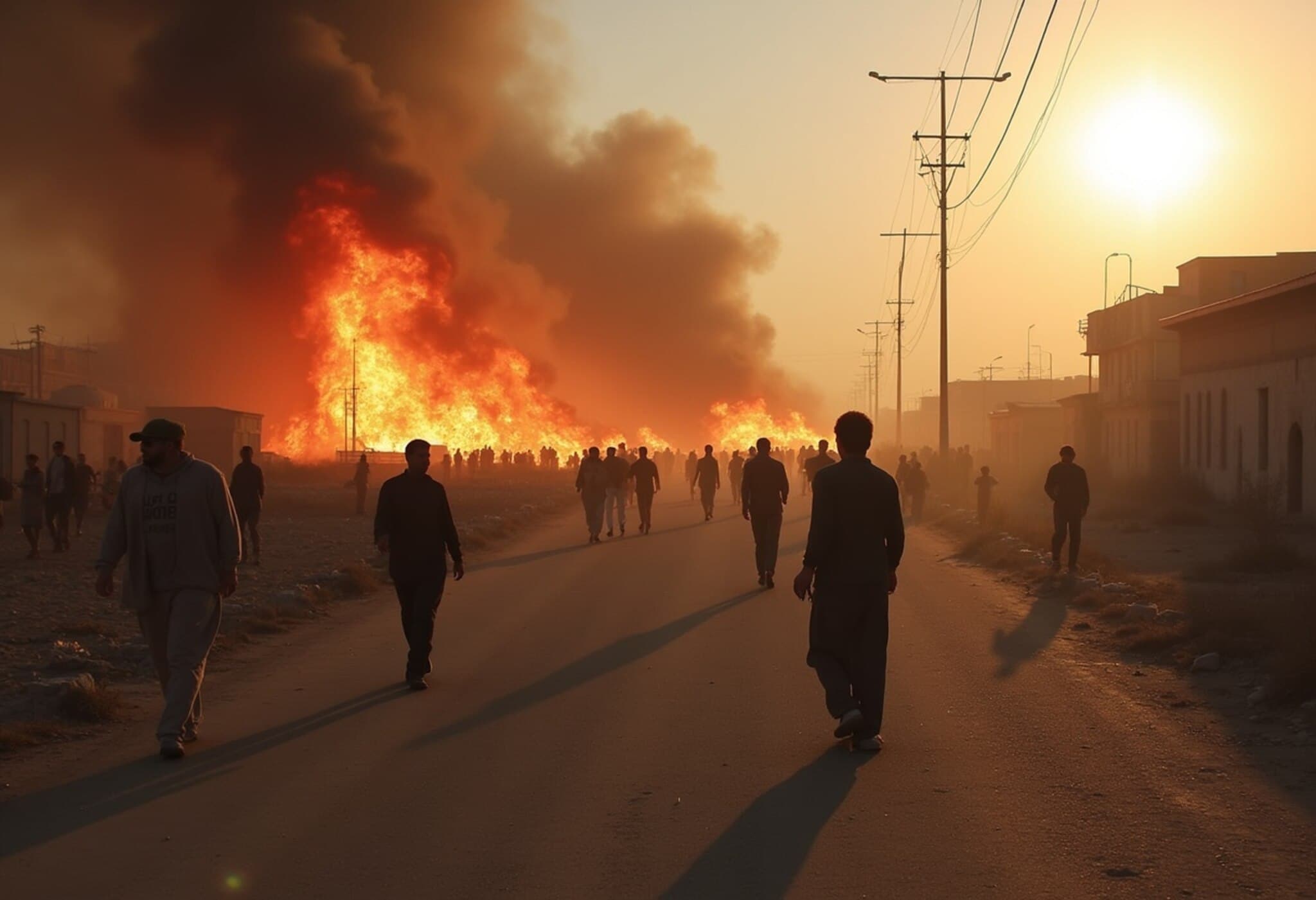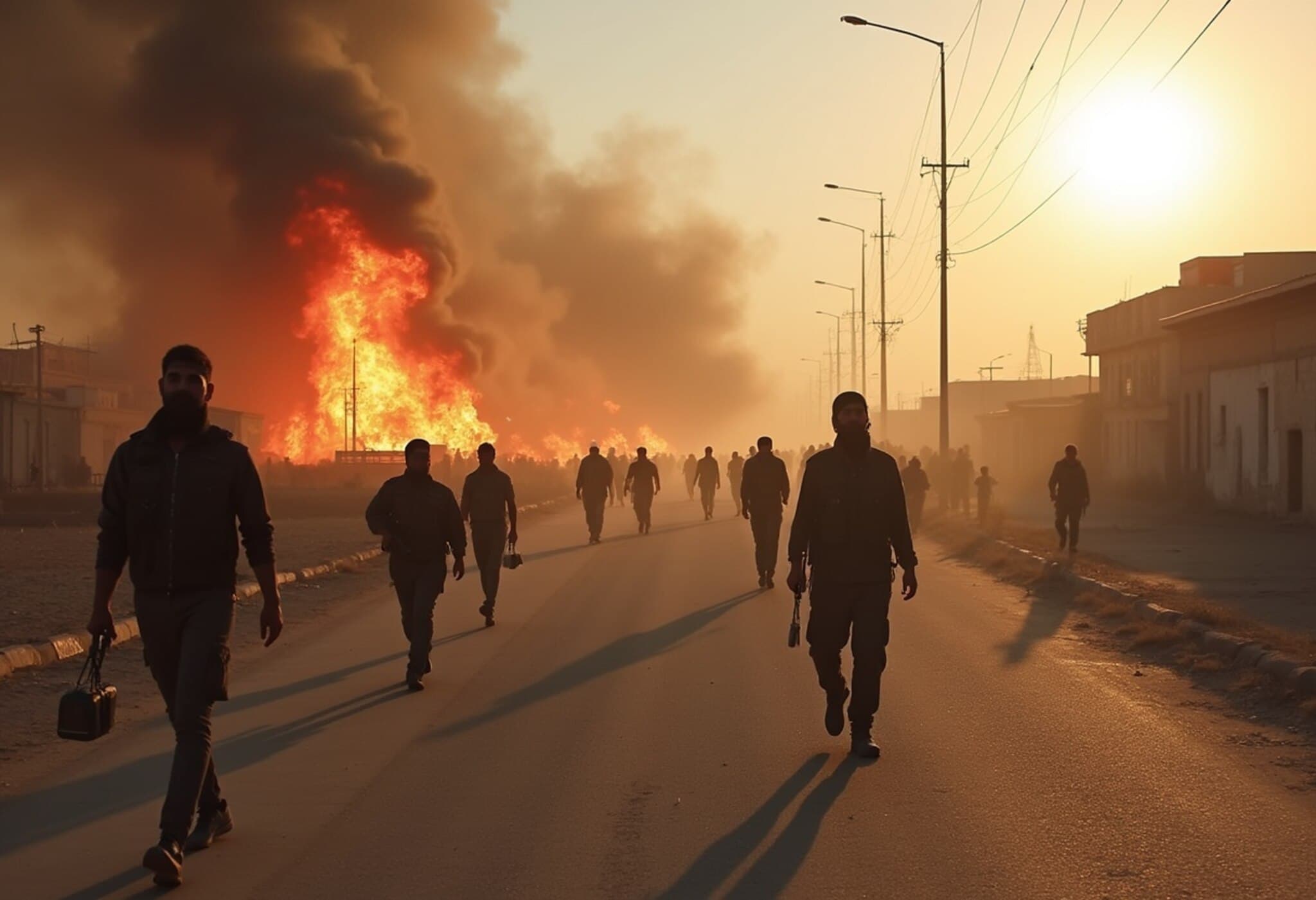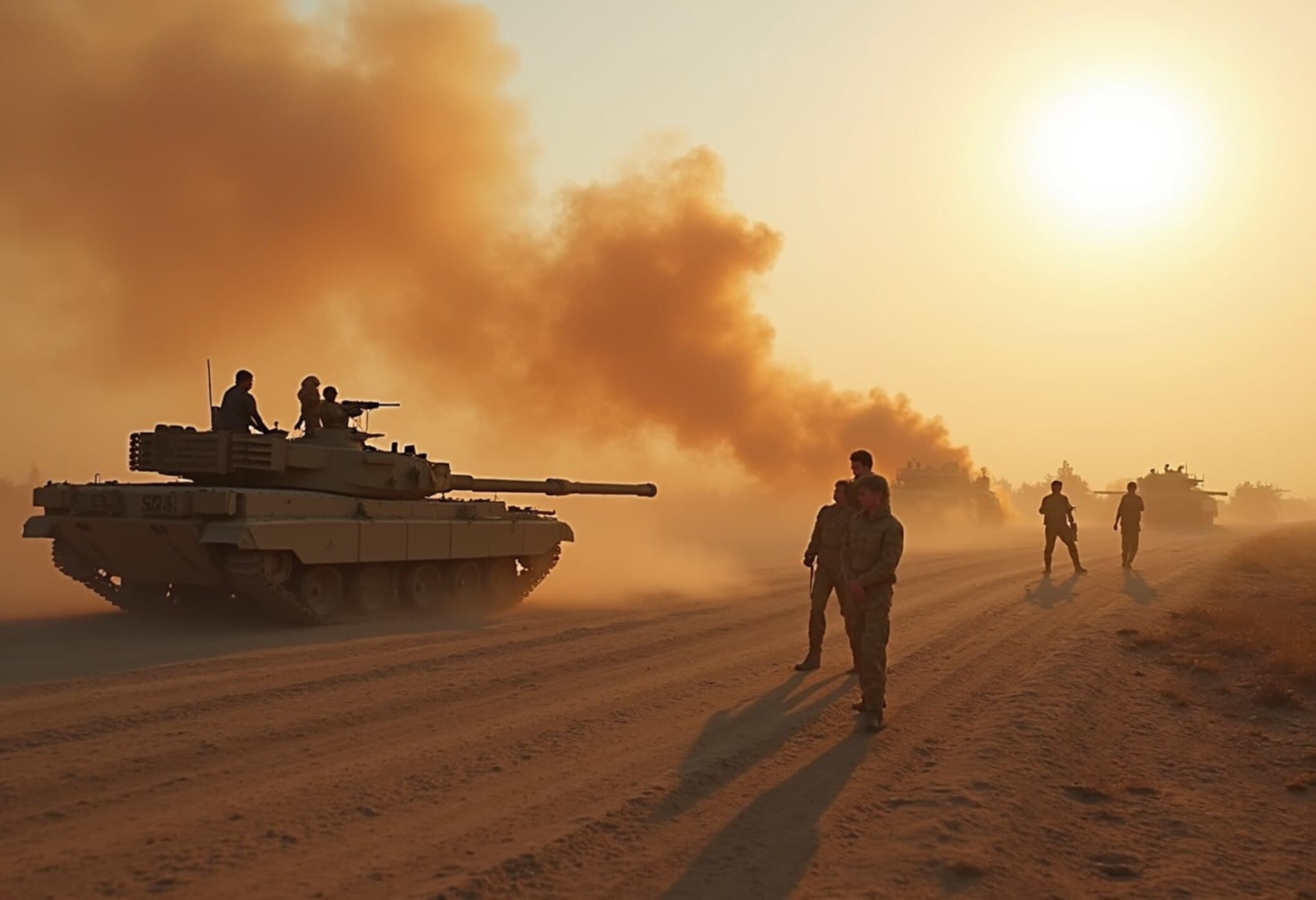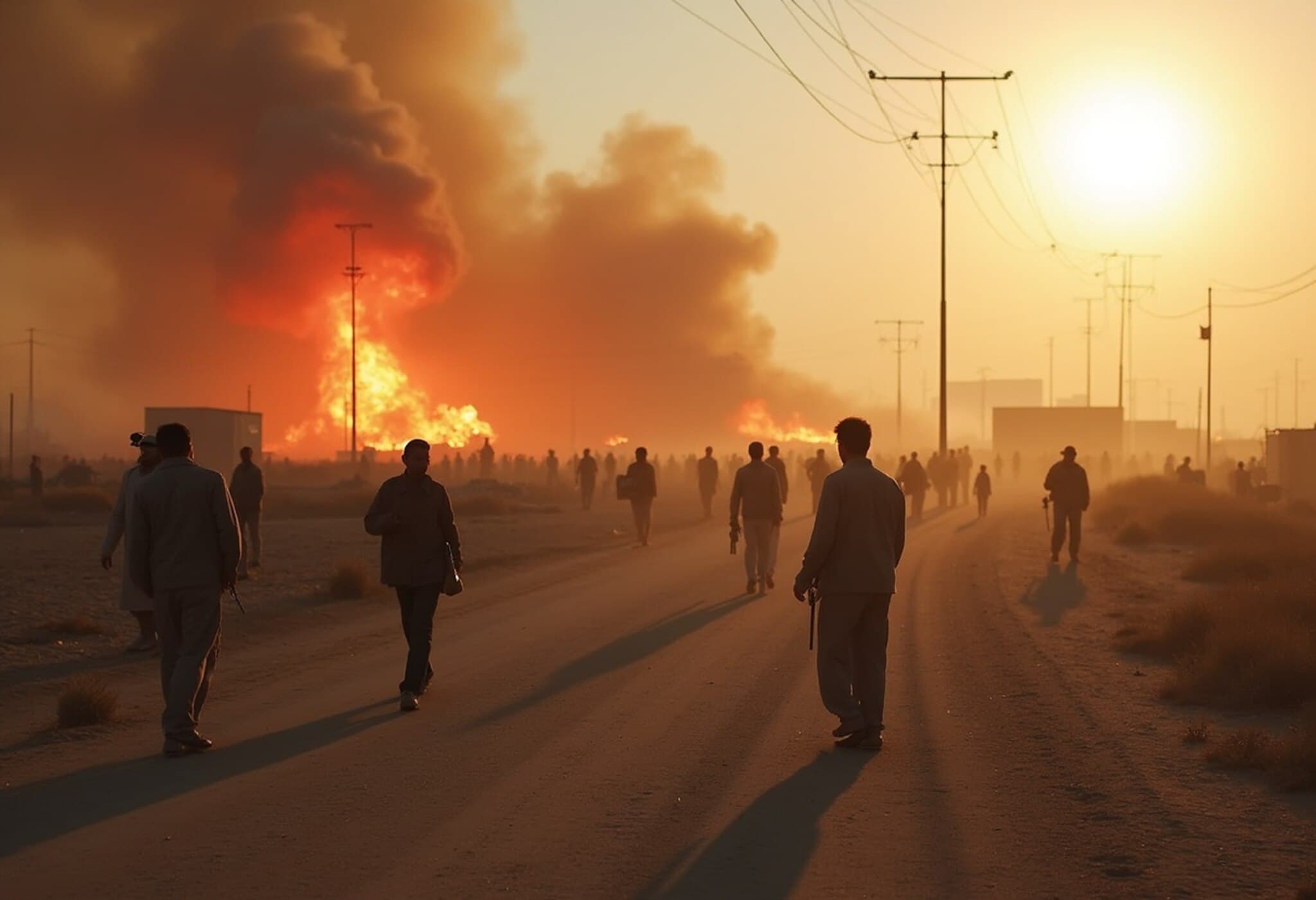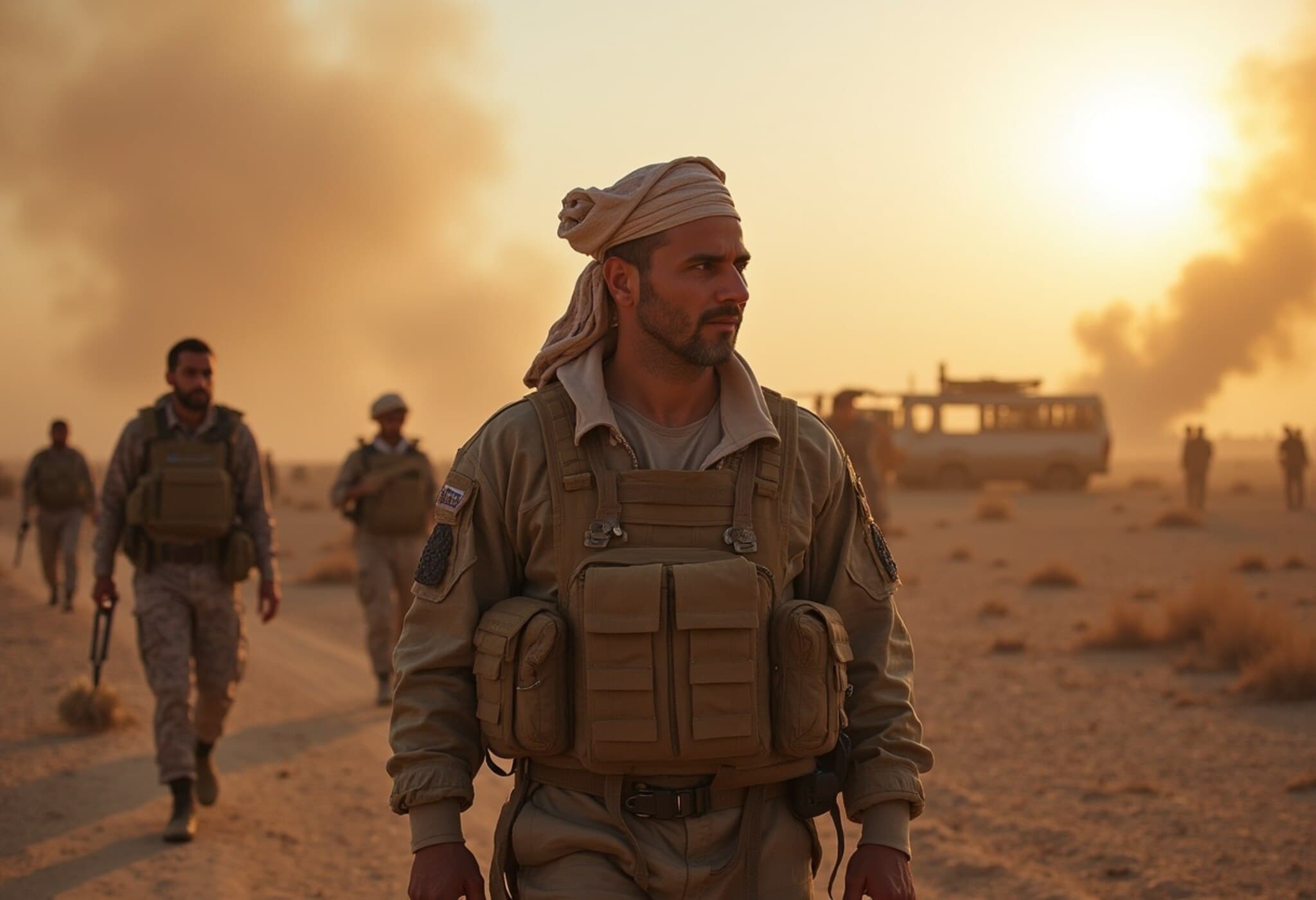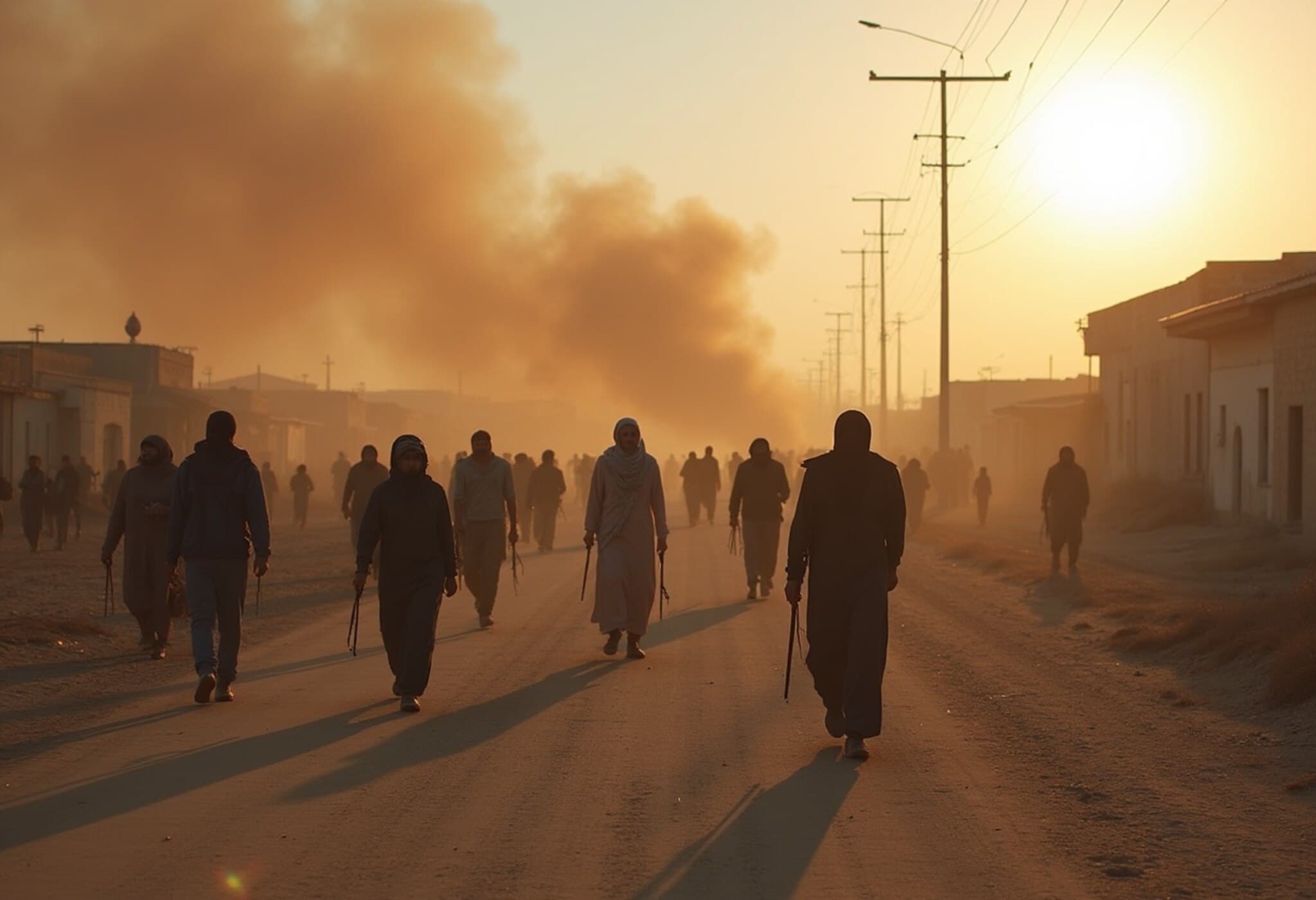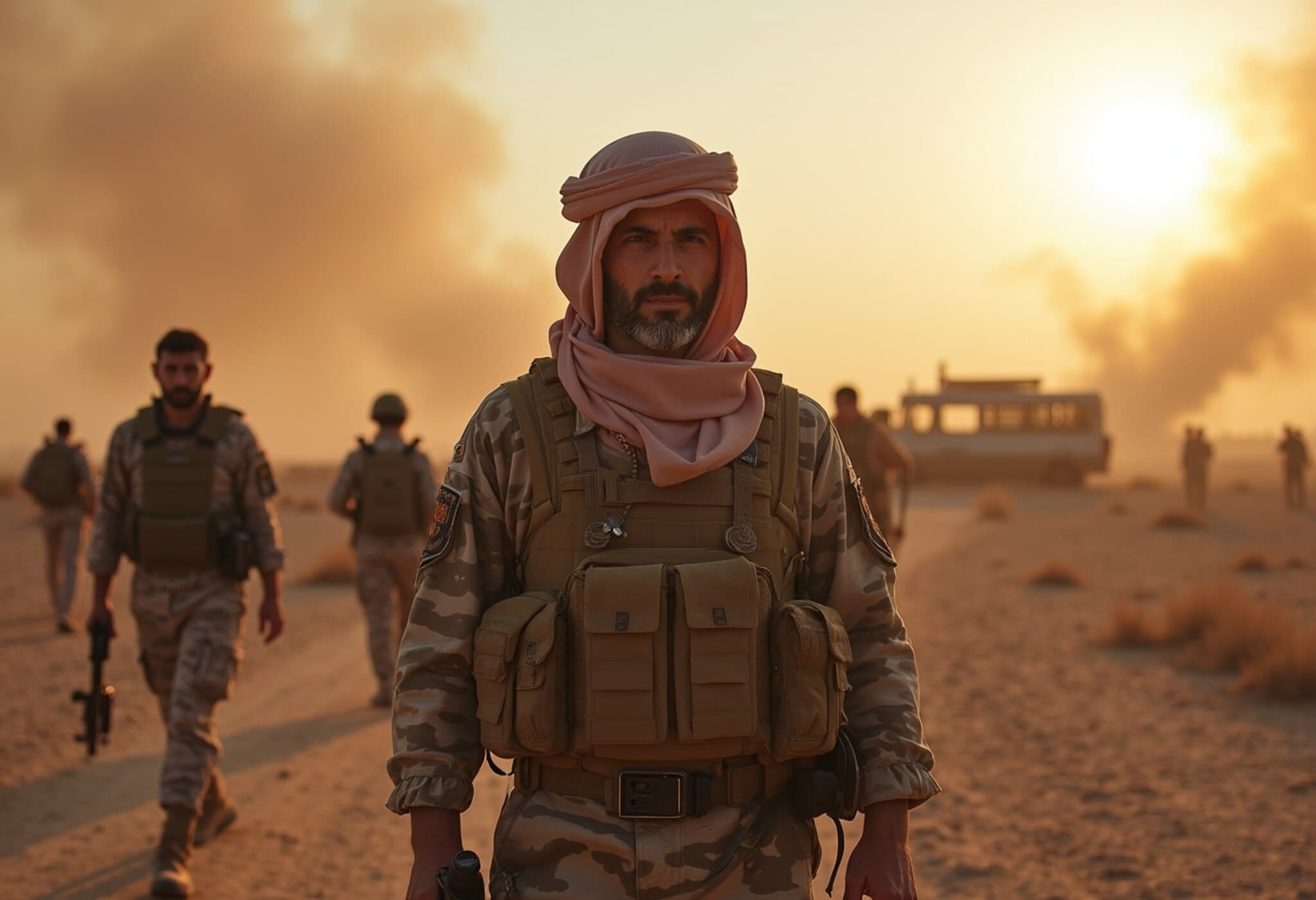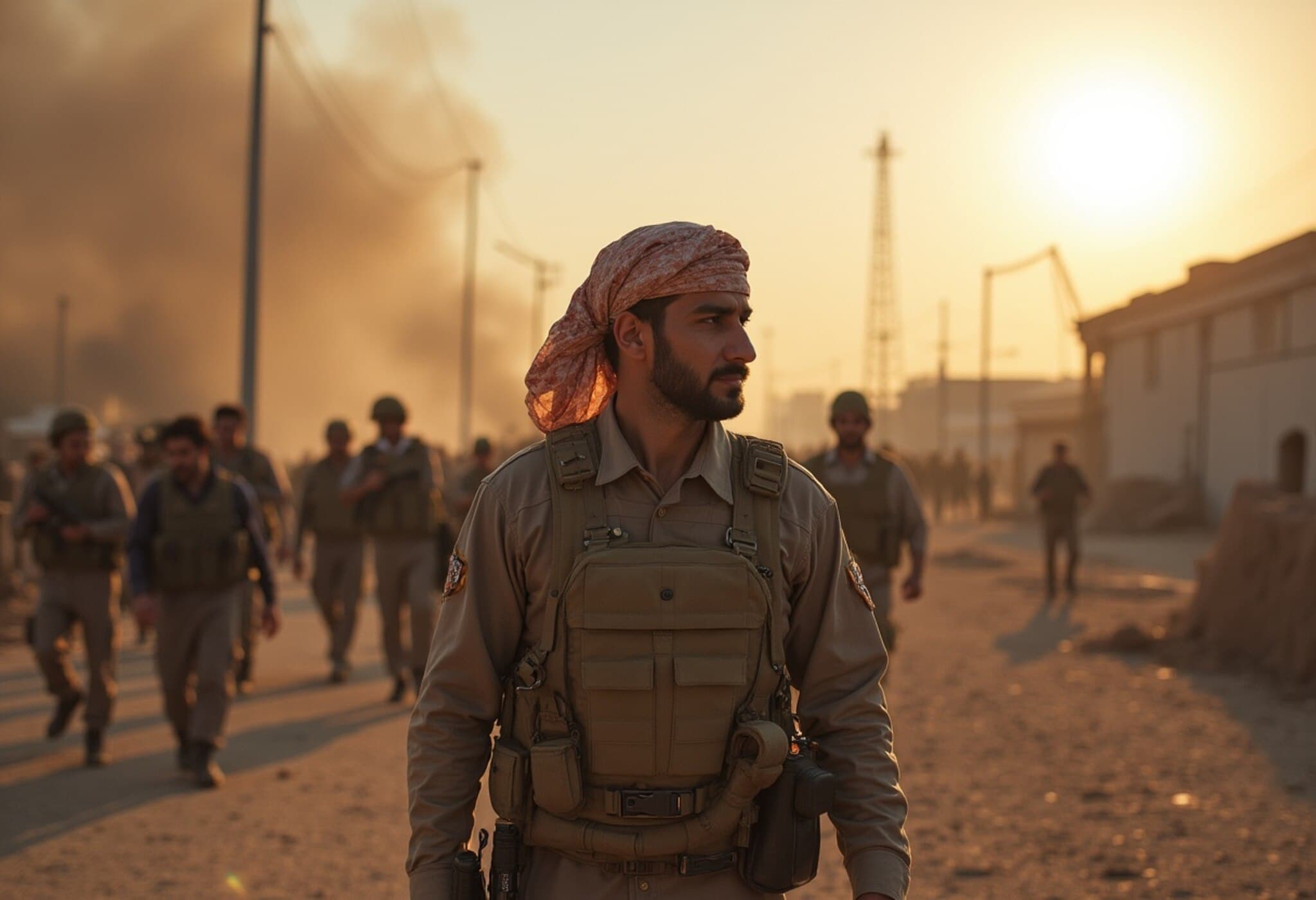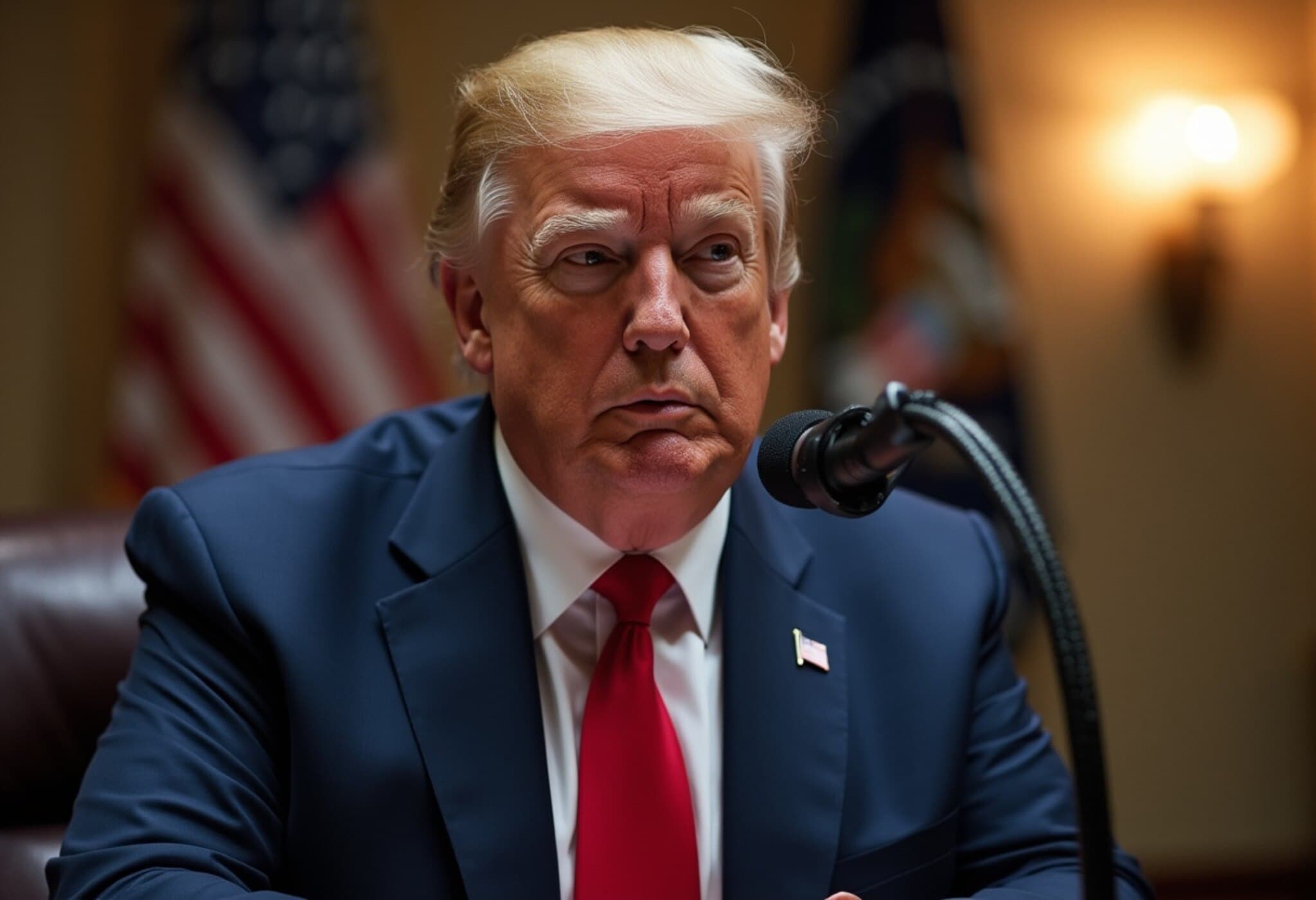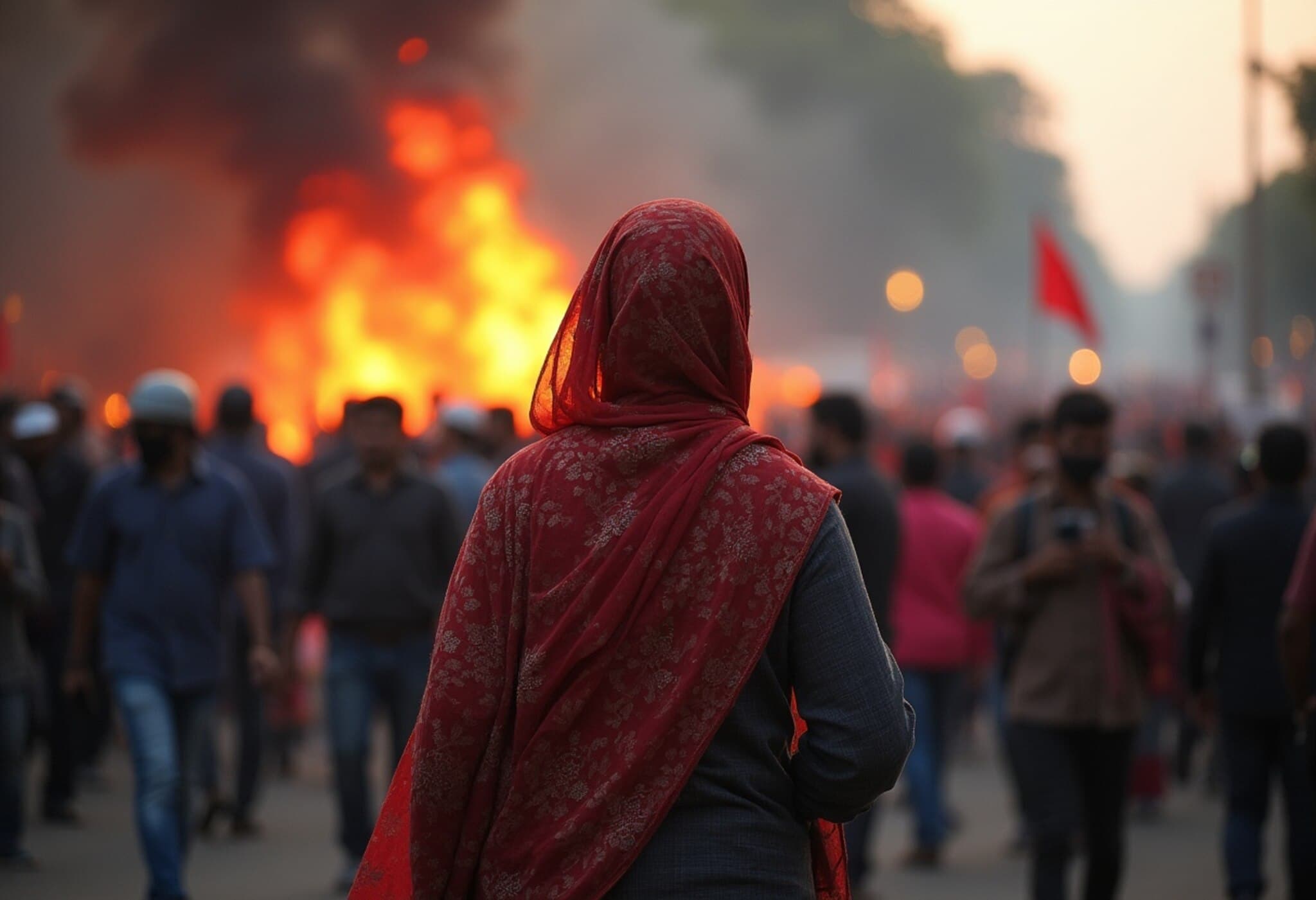Druze-Sunni Clashes Ignite Tensions in Southern Syria
The southern Syrian province of Sweida has once again become a flashpoint of sectarian violence as deadly confrontations unfold between Druze militias and Sunni Bedouin tribes. This recent surge in violence marks one of the most severe sectarian outbreaks since the fall of President Bashar al-Assad in late 2024, involving kidnappings, retaliatory attacks, and widespread displacement.
While Syrian government forces deployed ostensibly to restore order, many Druze factions accuse Damascus of siding with Sunni Bedouin tribes, exacerbating suspicions of growing regime hostility toward minority communities under the emerging Islamist-led government.
Israel Steps In: Protector of the Druze or Strategic Opportunist?
In a decisive and notable shift, Israel launched airstrikes targeting Syrian tanks and artillery en route to Sweida, declaring its intent to protect the Druze minority and enforce the demilitarization of southern Syria. Prime Minister Benjamin Netanyahu and Defense Minister Israel Katz emphasized that Israel’s intervention stems from deep familial and historical bonds with Druze populations both inside Israel and across the border.
However, beneath these humanitarian claims lies a complex geopolitical calculus. Israel’s military moves may well represent an effort to secure a strategic foothold in a fractured Syria, especially amid a shifting regional landscape marked by reduced U.S. involvement and Russia’s preoccupation in Ukraine.
The Druze Identity and Its Significance in Syria
The Druze are a unique religious and ethnic minority tracing spiritual roots to a 10th-century offshoot of Ismaili Shiism. Concentrated primarily in Sweida and parts of Damascus, the Druze have historically favored political neutrality. Maintaining their own militias, they have steadfastly defended against jihadist threats like ISIS and al-Qaeda, who label them heretics.
With Assad’s secular regime toppled, the Druze face acute uncertainty under the new Islamist-leaning leadership led by President Ahmad al-Sharaa — a former rebel commander with Islamist ties. The community's traditional autonomy and protections have eroded, triggering fears of renewed persecution and violence.
Indeed, sectarian massacres of minorities have already escalated, underscoring the precarious minority status under Syria’s new order.
Escalation: From Local Conflict to Regional Drama
The violence ignited by a seemingly minor Bedouin checkpoint robbery has snowballed into significant armed clashes. Druze leaders allege that regime forces have targeted civilians, deepening their mistrust of the Damascus government. These developments create fertile ground for external actors like Israel to intervene under the guise of protecting vulnerable minorities.
Israel’s Motivations: Beyond Humanitarian Rhetoric
- Familial Ties: Israeli Druze communities share kinship and cultural bonds with Druze in Syria, particularly near the Golan Heights — a territory contested since Israel’s annexation in 1981.
- Domestic Pressure: Druze organizations within Israel urge government action to prevent potential massacres of their kin, linking internal cohesion with foreign policy choices.
- Strategic Security: Post-2023 Hamas attacks, Israel has recalibrated its defense outlook. Southern Syria acts as a buffer against Iranian proxy militias and jihadist factions allied with Syria’s new Islamist rulers.
These intersecting interests illustrate a nuanced Israeli strategy combining protection of a minority with securing strategic advantages.
The Larger Picture: Southern Syria as a Geopolitical Chessboard
Israel’s airstrikes and military posturing in Sweida reflect an ambitious attempt to shape Syria’s future. By presenting themselves as Druze allies, Israeli leaders gain both domestic legitimacy and a foothold in a sensitive border region. This dual narrative simultaneously delivers a warning to Damascus and signals an emerging role for Israel as a key regional stakeholder.
This intervention also coincides with broader regional dynamics: the Abraham Accords have altered Middle Eastern alliances, and a distracted United States alongside a weakened Russia leaves room for Israel to advance its interests.
Druze Perspectives: Between Gratitude and Suspicion
Not all Druze in Syria welcome Israeli involvement. Skepticism runs deep within local communities, some of whom view Israel’s presence as a challenge to their longstanding commitment to neutrality and independence.
A Druze spiritual leader in Sweida reportedly urged continued resistance, even after ceasefires, highlighting the community’s internal tensions and fears of being caught in a geopolitical crossfire.
Meanwhile, Israel risks retaliation from Iran-backed militias and Hezbollah, heightening the threat of broader conflict escalation along its northern borders.
Conclusion: Balancing Humanitarian Imperatives and Strategic Ambitions
The escalating Druze-Sunni violence in Sweida has opened a strategic door for Israel, allowing it to frame military intervention as a humanitarian mission while advancing crucial security goals in southern Syria. However, this comes with heightened risks: deepening sectarian fragmentation, potential blowback from regional actors, and complex intra-Druze divisions.
Israel’s evolving doctrine—melding security, diplomacy, and humanitarianism—signals a new chapter in Middle Eastern geopolitics. The critical question remains whether these tactics will foster stability or entrench chaos in an already volatile region.

